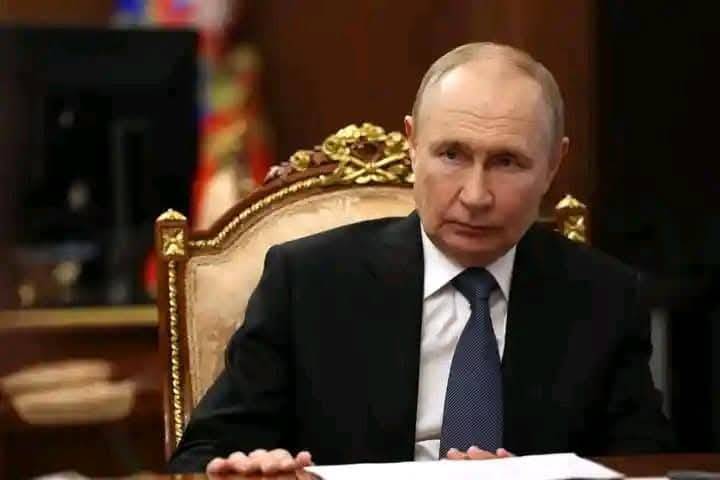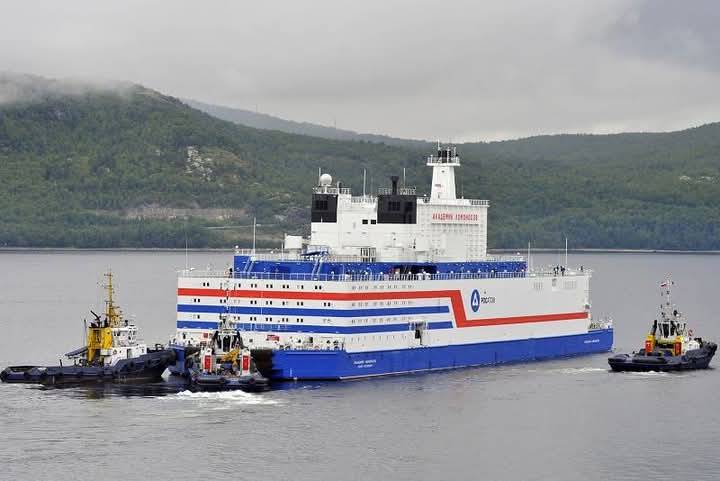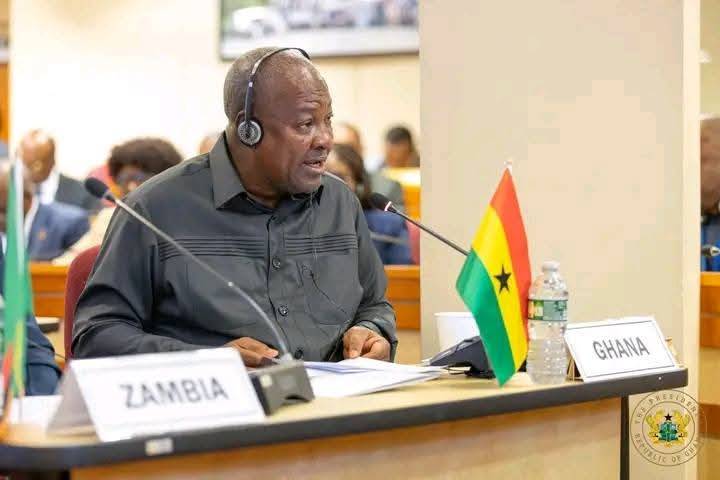Ghana is in advanced discussions with Russia for the possible deployment of a floating nuclear power plant, a move that could make the West African nation the first on the continent to adopt Russia’s pioneering Floating Nuclear Power Unit (FPU) technology.
Officials from Russia’s state nuclear corporation, Rosatom, confirmed ongoing talks with Ghanaian authorities during the opening of World Atomic Week in Moscow. The proposal involves the deployment of two or three FPUs to supply Ghana with a flexible, clean and reliable source of electricity.

Russia remains the only country in the world currently operating floating nuclear plants, with the Akademik Lomonosov stationed in the Arctic as the sole operational unit. In addition to generating electricity, FPUs are capable of providing heating, water desalination and hydrogen production.
“We have had discussions with Ghana regarding what we can offer, and there seems to be reciprocal interest. We are now working on what would be most suitable and beneficial for the country,” a Rosatom official said, noting that Ghana could eventually pursue large-scale nuclear development.
Ghana has already selected vendors from the United States and China for its first land-based nuclear power plant, with identified sites in the Western and Central regions. Those projects are advancing in line with the International Atomic Energy Agency’s (IAEA) milestone framework.

Rosatom officials stressed that geopolitical concerns were unlikely to derail cooperation with Ghana, citing strong bilateral ties between Accra and Moscow.
The move comes as several African countries express interest in FPUs, but Russia has signaled hope that Ghana will take the lead on the continent. Four additional FPUs are currently under construction for northern Russia.
If approved, the deal could mark a milestone in Africa’s energy diversification, positioning Ghana as a pioneer in next-generation nuclear solutions.


